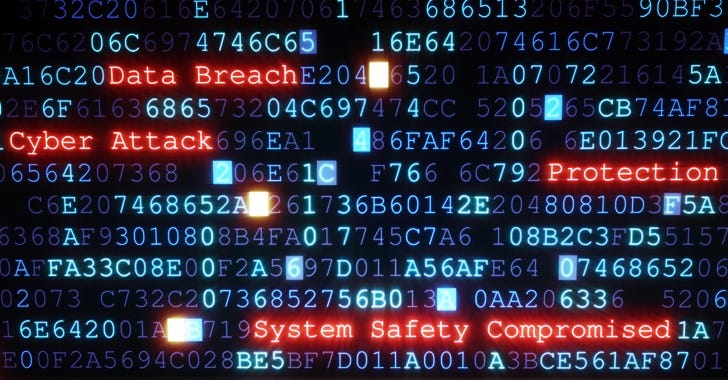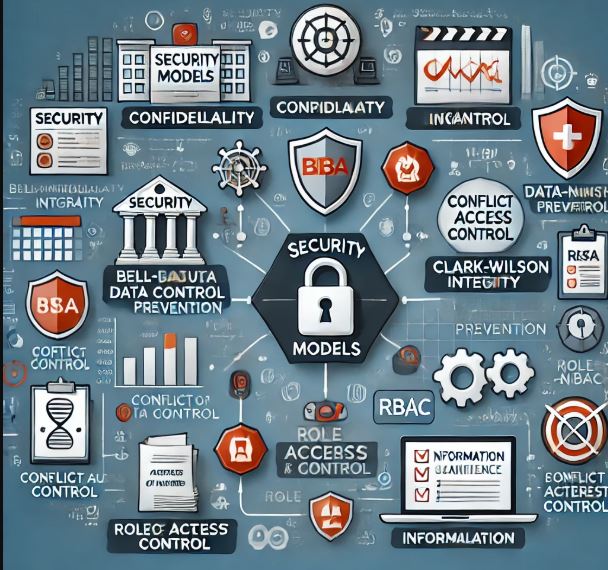1️⃣ Why is Encryption Important?
✅ Data Security: Protects sensitive information from hackers.
✅ Privacy: Ensures only authorized users can access data.
✅ Integrity: Prevents unauthorized modification of data.
✅ Compliance: Required for regulations like GDPR, HIPAA, PCI DSS.
2️⃣ How Does Encryption Work?
Encryption uses algorithms to scramble data using a key. Without the key, the data appears as gibberish.
🔹 Example:
Plaintext: Hello, World!
🔒 Encrypted (AES-256): Xh+gP9Aq0j+34bL3Y=4gfQ==
3️⃣ Types of Encryption
🔹 Symmetric Encryption (Private Key) 🔑
- Same key for encryption & decryption.
- Fast but requires secure key sharing.
- Example: AES, DES
🔹 Asymmetric Encryption (Public Key) 🔑🔑
- Uses a public key (encrypts) and a private key (decrypts).
- Used in SSL/TLS, digital signatures, cryptocurrency.
- Example: RSA, ECC
🔹 Hashing (One-Way Encryption) 🔄
- Converts data into a fixed-length hash.
- Cannot be reversed (used in password storage).
- Example: SHA-256, MD5
4️⃣ Real-World Uses of Encryption
✔️ Online Banking & Payments – Protects credit card transactions.
✔️ Messaging Apps (WhatsApp, Signal) – End-to-end encryption.
✔️ Wi-Fi Security (WPA2, WPA3) – Encrypts internet traffic.
✔️ Disk Encryption (BitLocker, FileVault) – Secures stored data.
✔️ Blockchain & Cryptocurrencies – Uses encryption for secure transactions.





